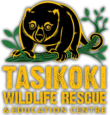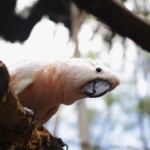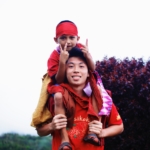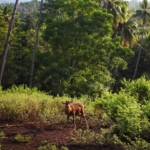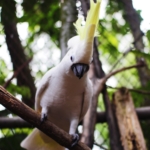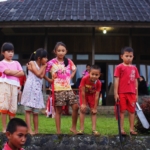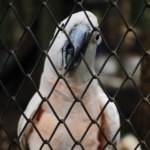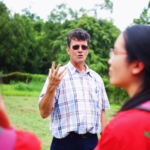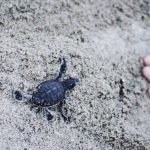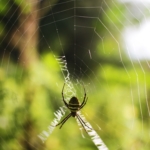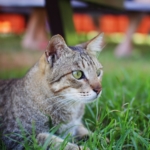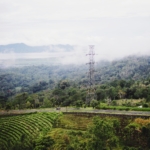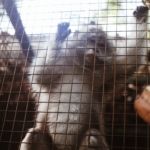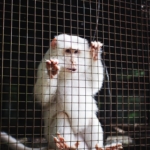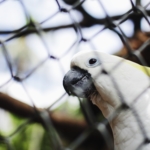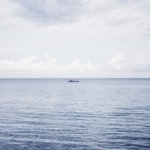For the third year running, students from South Island School have just returned to Hong Kong after having spent one whole week at Tasikoki Wildlife Rescue Centre as part of their CAS programme.
One student, Shannon Hui, was very inspired by her visit to Tasikoki. Upon returning to Hong Kong, she made a series of videos about her rewarding experience at Tasikoki. Shannon expressed her sincere gratitude to the event organisers stating:
“Thank you again for the memorable trip, it is by far an experience that I will cherish for the rest of my life.”
We are delighted to be able to share the highlights of her trip to Tasikoki Wildlife Rescue Centre with you.
Blog Post By Shannon Hui
Upon arrival at Tasikoki following an 18 hour journey, our adventure began. The rescue centre resides within what appears to be the ‘centre of nowhere’, whilst also being beyond what any of us could have expected.
Waking to such a beautiful landscape was overwhelming, especially with its divergence to what we’re used to calling home. Hong Kong: An urban jungle!
Walking along the stone paths of the rescue centre, a symphony conjured by the species of Tasikoki surrounds you: cockatoos, babirusas, sea eagles, cassowaries, sun bears, and orangutans are only a few amongst many more.
Over the week we stayed at Tasikoki, we had opportunities to make enrichment for these animals, from foraging and assembly to enrichment and feeding. Furthermore, tree planting, beach clean ups, visual art projects, and excursions to other Masarang projects such as the Tulap turtle hatchery were also included within our agenda- there was never a dull moment!
These service activities provide for greater awareness of local ecosystems and the importance of wildlife conservation and have been a source of humbleness and enlightenment for everyone on the trip.
To see Shannon’s experience please watch her video
“As you walk around the circumference of Mahawu volcano, you’re only meters away from the edge; snorkeling amongst Manado’s reef, its fish and coral are close enough to touch (though, of course, we didn’t!).
Interacting with the local community at Rurukan and in a secondary school, it was heartening to find that we found means to connect and communicate albeit with a language barrier.
From its people, to their houses, to the scenery from land to ocean, the magnificence of Indonesia is beyond the limits of words. After experiencing the benefits of Arenga Forest sugar, after our visit to a local Arenga Pinnata tapper and the Masarang Arenga Sugar factory, it was then explained to us the extent to which palm oil, by comparison, is harmful. At home, we’re accustomed to consuming products without a second thought: purchase, use, dispose, repeat! However, following our return from Tasikoki, we can begin to recognise and consider the ethics of our choices and actions, demonstrating our engagement with issues of global significance.”
